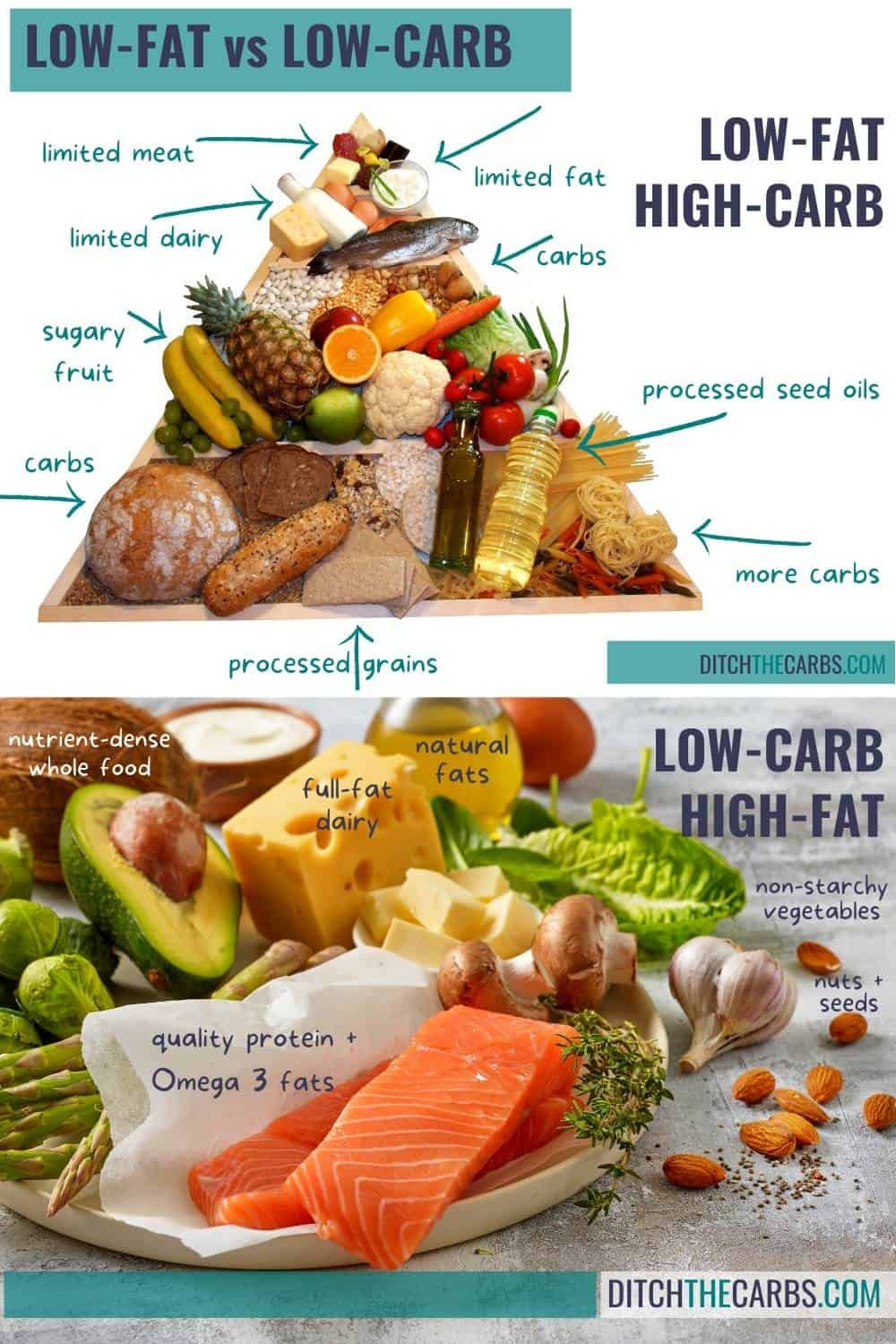Ahlian Jian Insights
Exploring the latest trends and news in various fields.
Carbs Are Back: Why Your Plate Deserves a Makeover
Discover why carbs are making a comeback and transform your meals with delicious, satisfying options that elevate your plate!
The Science Behind Carbs: Why They’re Crucial for Your Diet
Carbohydrates are often misunderstood and unfairly demonized, but they play a vital role in a balanced diet. They are the body's primary source of energy, fueling everything from daily activities to intense workouts. When you consume carbs, your body breaks them down into glucose, which is then used to power your cells. In fact, the brain alone accounts for about 20% of your daily glucose consumption. By including healthy carbohydrate sources—like fruits, vegetables, and whole grains—in your diet, you're not just providing energy; you're also supplying your body with essential nutrients and fiber that aid in digestive health.
Furthermore, carbohydrates are crucial for maintaining overall health and well-being. They help regulate blood sugar levels and can prevent energy crashes, ensuring you stay energized throughout the day. It's important to choose the right types of carbs. Complex carbohydrates, such as legumes, whole grains, and starchy vegetables, offer sustained energy release, while simple carbohydrates from sources like sugary snacks can lead to spikes and drops in blood sugar. Embracing the science behind carbs empowers you to make informed dietary choices that benefit your health in the long run.

5 Delicious and Nutritious Carbs to Revitalize Your Meals
When it comes to nourishing your body, carbohydrates often get a bad rap. However, not all carbs are created equal, and incorporating delicious and nutritious carbs into your meals can enhance both flavor and health. Here are five standout options to consider:
- Quinoa - A gluten-free grain packed with protein, fiber, and essential amino acids, quinoa serves as a versatile base for salads or a warm side dish.
- Sweet Potatoes - Rich in vitamins A and C, sweet potatoes offer a naturally sweet flavor that pairs well in both savory and sweet dishes, from casseroles to pies.
- Brown Rice - A whole grain option that is high in fiber, brown rice provides sustained energy and can be enjoyed as a side or a main dish.
Continuing our list of delicious and nutritious carbs, we dive deeper into food that revitalizes your meals:
- Oats - A fantastic source of soluble fiber, oats can help lower cholesterol levels while also serving as a hearty breakfast option, whether in the form of overnight oats or a warm bowl topped with fruits.
- Lentils - Though often overlooked, lentils are incredibly nutrient-rich and can be used in soups, salads, or even as a meat substitute, offering a boost of protein and fiber to your dish.
Are Carbs Really the Enemy? Debunking Myths for a Healthier Plate
The notion that carbohydrates are the enemy of a healthy diet has gained considerable traction in recent years, but this perspective is overly simplistic and often misleading. Carbs are one of the three essential macronutrients our bodies need, along with proteins and fats. They serve as the primary source of energy, powering everything from our daily activities to our workout sessions. There are various types of carbohydrates, including simple carbs like sugars found in fruits, and complex carbs like whole grains and legumes, which provide fiber and essential nutrients. By categorizing all carbs as harmful, we risk eliminating vital food groups that contribute to a balanced diet.
Moreover, the quality of carbohydrates matters significantly when considering their impact on health. Whole foods such as fruits, vegetables, and whole grains are packed with vitamins, minerals, and fiber, which can help reduce the risk of chronic diseases like heart disease and diabetes. In contrast, refined carbs, often found in processed foods, can lead to weight gain and other health issues. Instead of fearing carbs, individuals should focus on making informed choices. Relying on nutrient-dense carbohydrate sources can support overall well-being while still enjoying a wide variety of delicious foods.